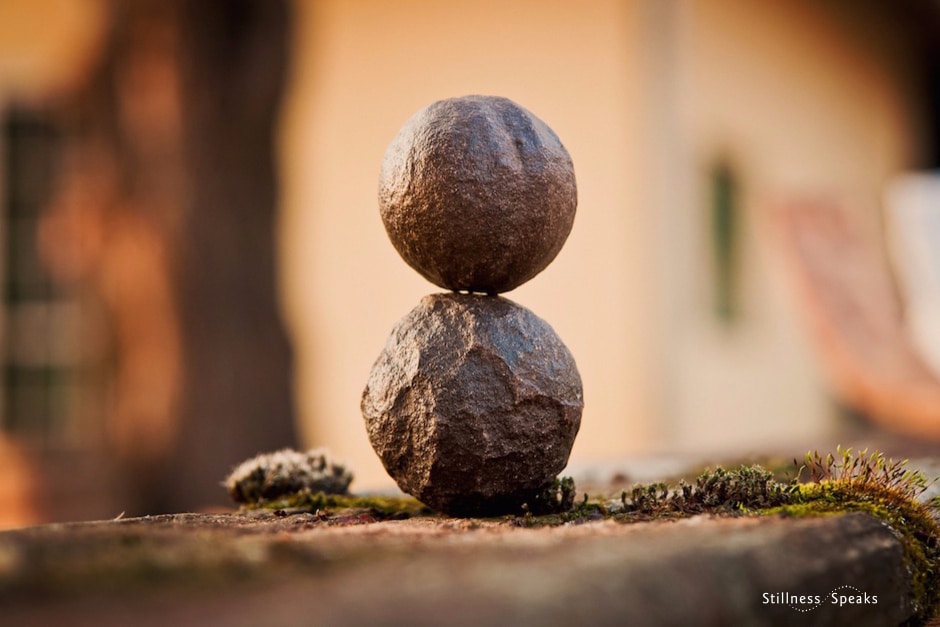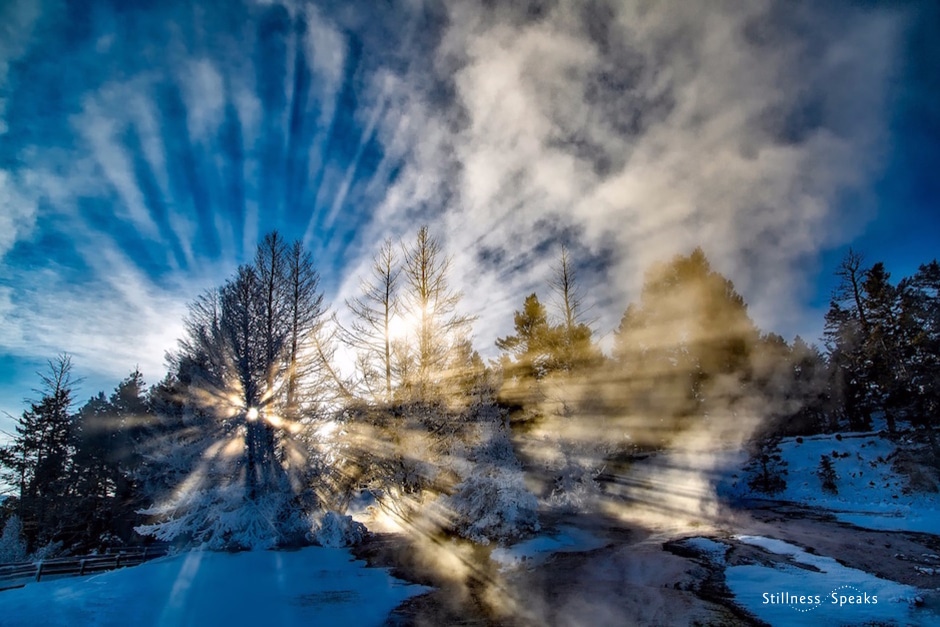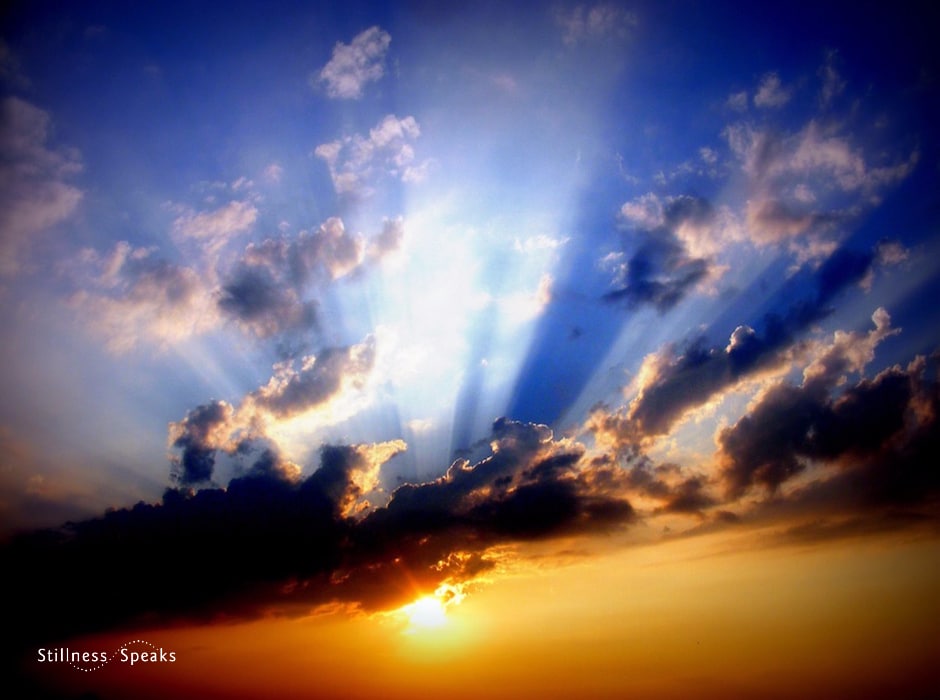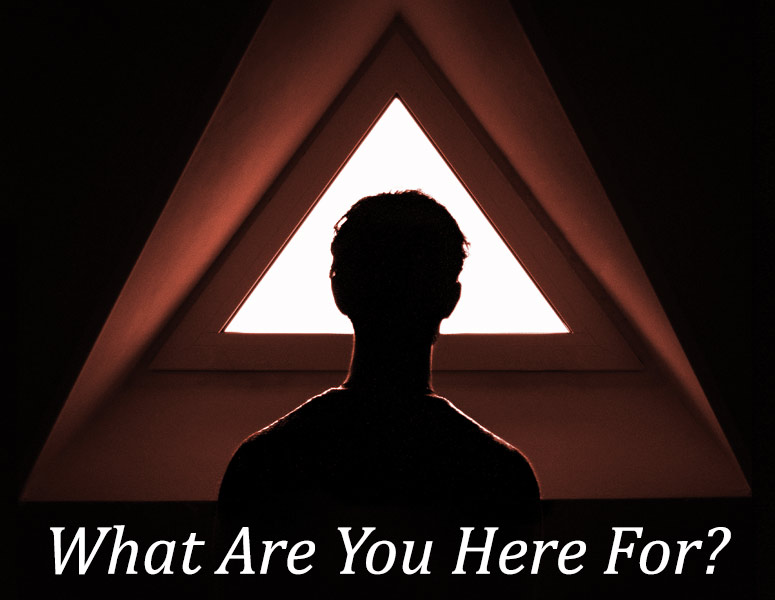Silence … Oneness … Unity vs Divisiveness …
As a man is dying he tells the town judge to give all his inheritance to only one of his three sons – the one who is the laziest! … There is a fascinating dialog, in the form of a somewhat long Rumi poem, between each of the three sons and the judge to find who is laziest …
… there are many gems in this long poem but two, in particular, merit highlighting first before the others, primarily due to their portrayals of the gift of silence and for underscoring the Sufi perspective about oneness. Further, the answer seems to lie in the value of union vs division (“… there’s a window open between us, mixing the night air of our beings …”) – most apropos to the current times in American society! ….
Here’s the judge’s encounter with the youngest :
The judge then asked the youngest brother,
“What if a man cannot be made to say anything?
How do you learn his hidden nature?”
”I sit in front of him in silence,
and set up a ladder made of patience,
and if in his presence a language from beyond joy
and beyond grief begins to pour from my chest,
I know that his soul is as deep and bright
as the star Canopus rising over Yemen.
And so when I start speaking a powerful right arm
of words sweeping down, I know him from what I say,
and how I say it, because there’s a window open
between us, mixing the night air of our beings.”
The youngest was, obviously,
the laziest. He won.
— — —
Here’s the entire poem:
A man on his deathbed left instructions
for dividing up his goods among his three sons.
He had devoted his entire spirit to those sons.
They stood like cypress trees around him,
quiet and strong.He told the town judge,
“Whichever of my sons is laziest,
give him all the inheritance.”Then he died, and the judge turned to the three,
“Each of you must give some account of your laziness,
so I can understand just how you are lazy.”
Mystics are experts in laziness. They rely on it,
because they continuously see God working all around them.
The harvest keeps coming in, yet they
never even did the plowing!
“Come on. Say something about the ways you are lazy.”
Every spoken word is a covering for the inner self.
A little curtain-flick no wider than a slice
of roast meat can reveal hundreds of exploding suns.
Even if what is being said is trivial and wrong,
the listener hears the source. One breeze comes
from across a garden. Another from across the ash-heap.
Think how different the voices of the fox
and the lion, and what they tell you!
Hearing someone is lifting the lid off the cooking pot.
You learn what’s for supper. Though some people
can know just by the smell, a sweet stew
from a sour soup cooked with vinegar.
A man taps a clay pot before he buys it
to know by the sound if it has a crack.
The eldest of the three brothers told the judge,
“I can know a man by his voice,
and if he won’t speak,
I wait three days, and then I know him intuitively.”
The second brother, “I know him when he speaks,
and if he won’t talk, I strike up a conversation.”
“But what if he knows that trick?” asked the judge.
Which reminds me of the mother who tells her child
“When you’re walking through the graveyard at night
and you see a boogeyman, run at it,
and it will go away.”
“But what,” replies the child, “if the boogeyman’s
mother has told it to do the same thing?
Boogeymen have mothers too.”
The second brother had no answer.
The judge then asked the youngest brother,
“What if a man cannot be made to say anything?
How do you learn his hidden nature?”
“I sit in front of him in silence,
and set up a ladder made of patience,
and if in his presence a language from beyond joy
And beyond grief begins to pour from my chest,
I know that his soul is as deep and bright
as the star Canopus rising over Yemen.
And so when I start speaking a powerful right arm
of words sweeping down, I know him from what I say,
and how I say it, because there’s a window open
between us, mixing the night air of our beings.”
The youngest was, obviously,
The laziest. He won.
— — — —
Poem: From The Essential Rumi, Translations by Coleman Barks with John Moyne
Images: (edited & logo added) 1) Morning on Loch Rusky by john mcsporran, CC BY 2.0, 2) Moqui by Devanath, CC0 Public Domain, 3) National Park Forest by tpsdave, CC0 Public Domain.









